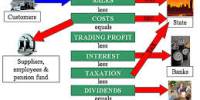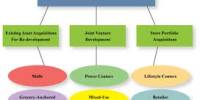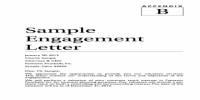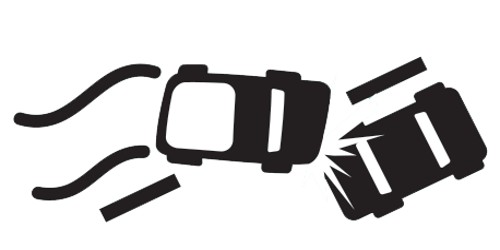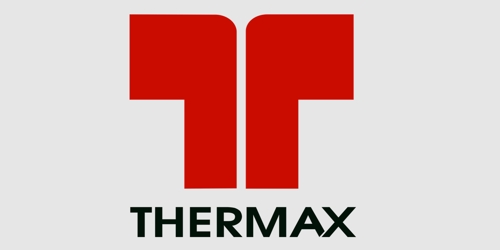Cash is known as most liquid and less productive assets of a firm. If cash remains idle, earns nothing but involves a cost in terms of interest payable to finance it. The Motives for Holding Cash is simple, the cash inflows and outflows are not well synchronized. This includes keeping money in form of cash or held as bank deposits. Although cash is the least productive current assets, a firm should hold a certain amount of cash for marketable securities. Mainly, there are three motives for holding cash.
- Transaction Motive Of Holding Cash
Cash balance is required to meet the day to day transactions of business. Transaction motive refers to the need to hold cash to satisfy normal disbursement collection activities associated with a firm’s ongoing operation. Firms hold cash for making necessary payments for the goods and services they acquire. A firm frequently involves in purchase and sales of goods or services. A firm should make payment in terms of cash for the purchase of goods, payment of salary, wages, rent, interest, tax, insurance, dividend and so on. If these receipts and payments were perfectly synchronized, a firm would not have to hold cash for transaction motive. But in reality, cash inflows and outflows cannot be matched exactly.
As a general principle of cash management, working capital inflows should be more than working capital outflows at any point in time. Because of this reason, if disbursement exceeds the receipt, a firm should hold a certain level of cash to meet the current payment of cash in excess of its receipt during the period.
- Precautionary Motive Of Holding Cash
Precautionary motive refers to hold cash as a safety margin to act as a financial reserve. Firms hold cash to meet uncertainties, emergencies, running out of cash and fluctuations in cash balances. A firm may have to face emergencies such as strikes and lock-up from employees, increase in the cost of raw materials, funds and labour, fall in market demand and so on. These emergencies also bound a firm to hold a certain level of cash. The future cash flows and the ability to borrow additional funds at short notice are often uncertain. But how much cash is held against these emergencies depends on the degree of predictability associated with future cash flows.
Some firms may have strong borrowing capacity at very short notice so that they can borrow at the time when emergencies occur. This requires to carry additional cash balances as a precautionary motive.
- Speculative Motive Of Holding Cash
The speculative motive refers to the need to hold cash in order to be able to take advantage of bargain purchases that might arise, attractive interest rates and favourable exchange rate fluctuations. The company with excessive cash surplus can take steps to improve production and sales ultimately the profitability of the company improves.
Speculative needs for holding cash require that a firm possibly may have some profitable opportunities to exploit, which are out of the normal course of business. Purchase of readily marketable securities will enable to earn a return on investment, as well as, to maintain the liquidity of the company.
- Future Requirements:
The cash balances are held to meet future payment obligations like payment of tax, payment of dividend, purchase of a fixed asset, the redemption of debentures, repayment of a term loan, buy-back of shares etc.
Information Source:

